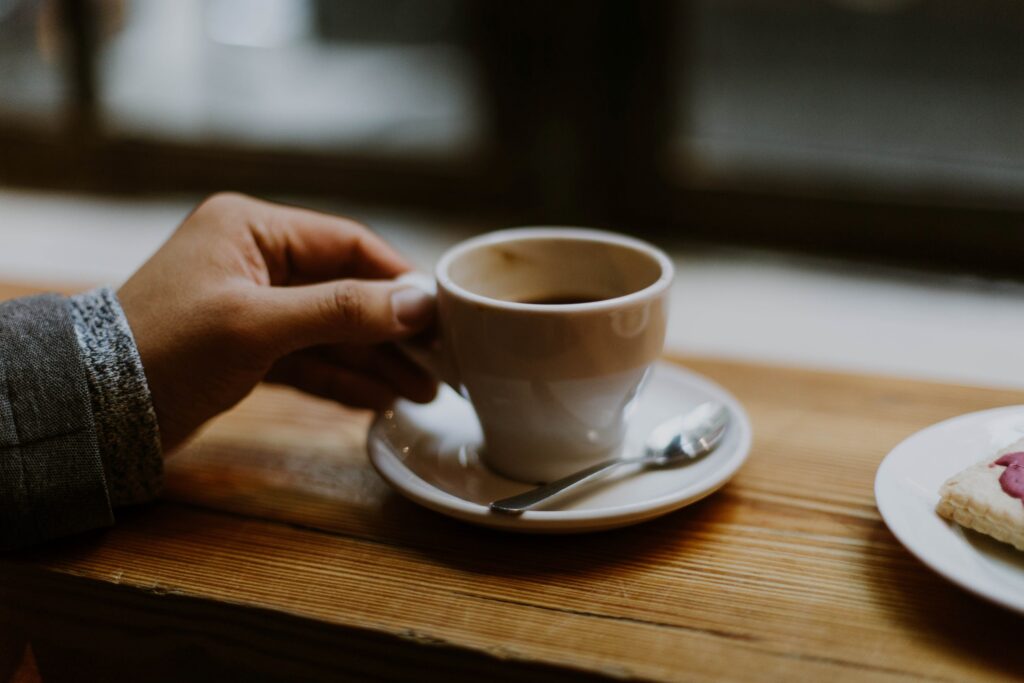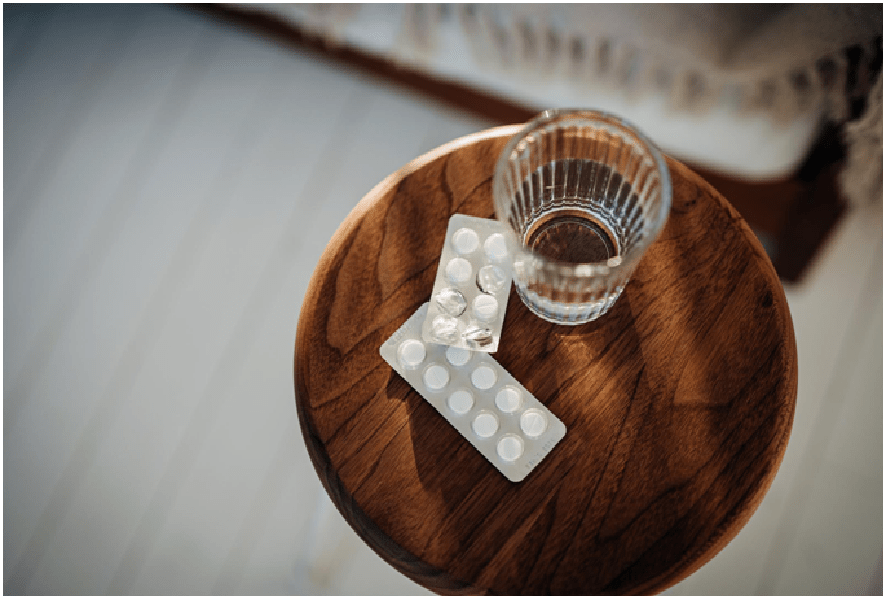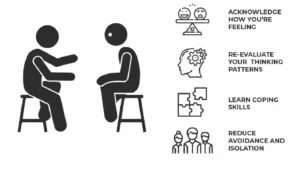It can be a familiar feeling for many, the experience of lying in the dark with your eyes open and tightness in your stomach. The stress of desperately attempting to fall asleep, whilst overwhelmed by the thoughts churning in your head. Whether this anxiety is produced by work pressure or general life worries, it can make some people fear going to bed and therefore increasingly tired. Anxiousness is a completely natural emotion that is important in scenarios of fight or flight; however, it is something to be dealt with when it interrupts your everyday life. Below are some professionally recommended tips for improving your sleep and waking to be your best self that you can be for that day.
Avoid Caffeine Six Hours Before Bed

To understand how caffeine wakes us up, it’s good to recognise some of the science behind it. Caffeine is a stimulant that when entering the brain blocks the receptors of Adenosine (a natural chemical which alerts the brain as to when you need rest and recovery). Levels of adenosine increase over the course of the day, creating the symptoms of tiredness, then dissipating during the sleep cycle. It is an important chemical that tells your body when you need a rest period. Caffeine compounds, however, are able to attach themselves to the neural receptors that adenosine normally would, therefore blocking adenosine from sending its signals. In turn, this tricks your body into thinking that you have more energy than you really do. Consequently, underneath this faux alertness, you can still be mentally exhausted beneath.
Overall, removing caffeine from your afternoon routine can benefit your rest levels, naturally providing alertness for the next day, without having to fake it with a coffee. It is, however, crucial to note that caffeine comes in many other forms, including soft drinks, tea, chocolate, etc.
Try A Sleep Aid

Sleep aid is often associated as being prescribed medication filled with chemicals that you cannot even pronounce. This does not have to be the case, taking, for example, the organic avenue of CBD supplements. CBD oil is a natural derivative from the cannabis plant, with zero psychoactive qualities. With a number of recognised health benefits, a well-known one is its effectiveness in combating the stress hormone cortisol, making it perfect to use CBD oil for anxiety relief. Not only will a lower stress level help in falling asleep, but there is also a significant impact on the deep sleep cycles, which results in more restful sleep and reduced nightmares. A study in 2019 had proven that 79.2% of patients who had taken CBD before bed experience lower anxiety levels and 66.7% experienced a better night sleep. CBD can also come in multiple forms, including CBD gummies, oil drops, patches, mists, etc., making it easier to find one suited to you.
Don’t Lay In Bed Awake

It’s very common to lay in bed and feel wide awake beneath closed eyes, when the more you try to push yourself into sleep, the more it repels. If after 20 minutes the restlessness and anxiousness have not changed, this is the time that you should get out of bed and move into another room. Try sitting on the sofa and doing a low-energy activity, such as reading or listening to some calming music. Doing this will help to prevent creating an association between your sleep space and wakefulness. Keeping away from mobile devices is also key during this time in the night as the blue lights from their screen can increase your alertness and make it harder to fall asleep.
All in all, it’s widespread to experience these sleep troubles; however, it is also too commonly accepted. Although, Insomnia is a spectrum of severity; therefore, people with debilitating cases of it should consult with a doctor if simple tips such as these do not aid the issue. In the end, everybody is different, so it is essential to experiment with what remedies may work for you and what kind of sleep routine you need before bedtime.



